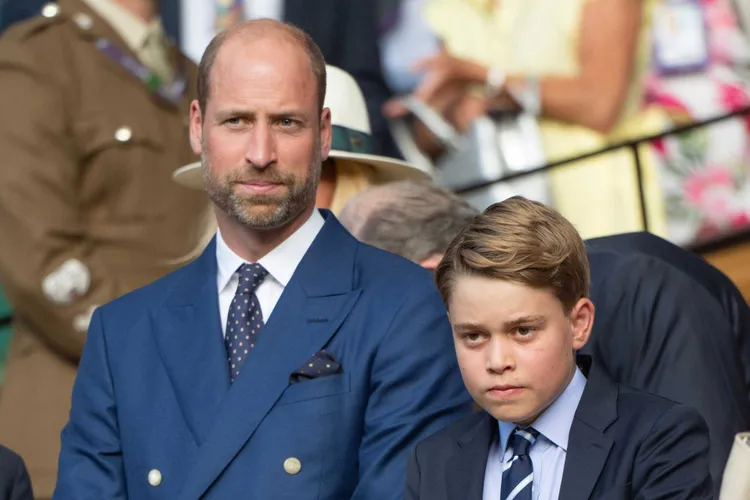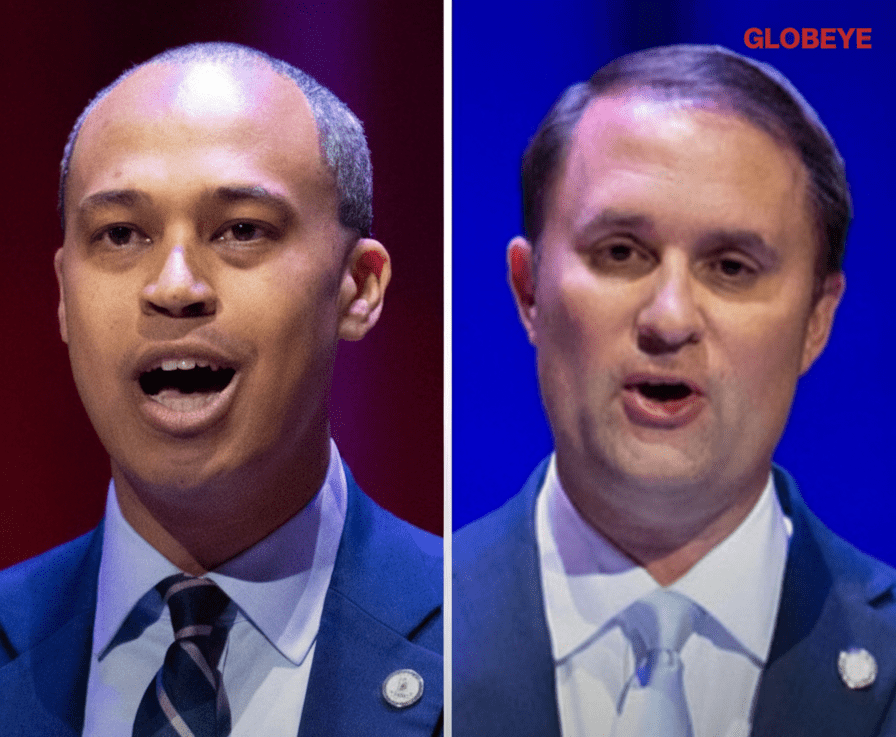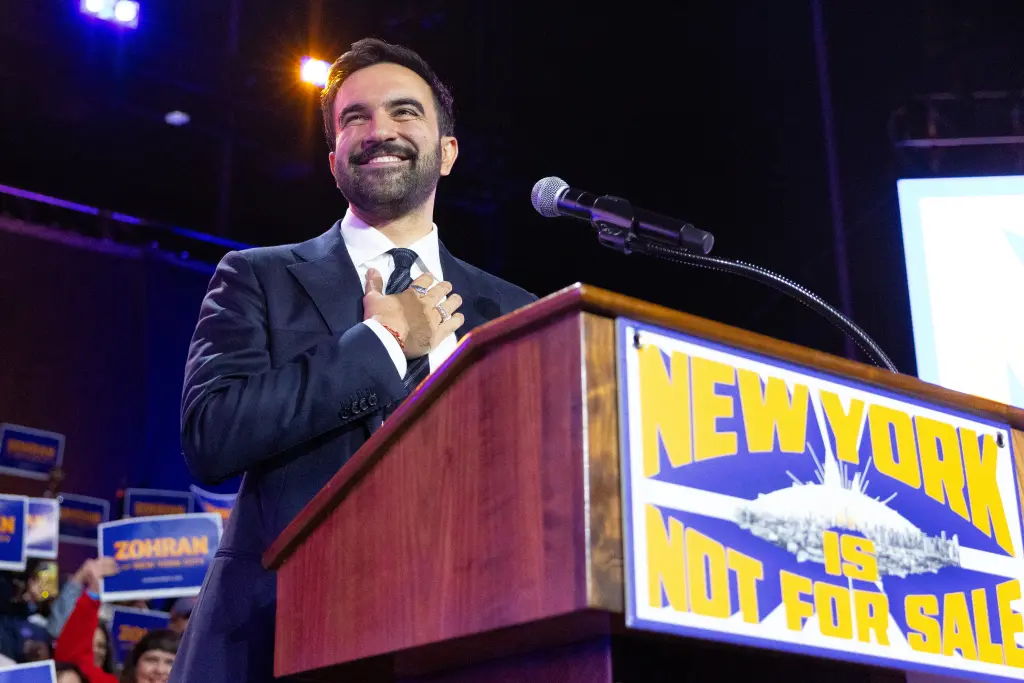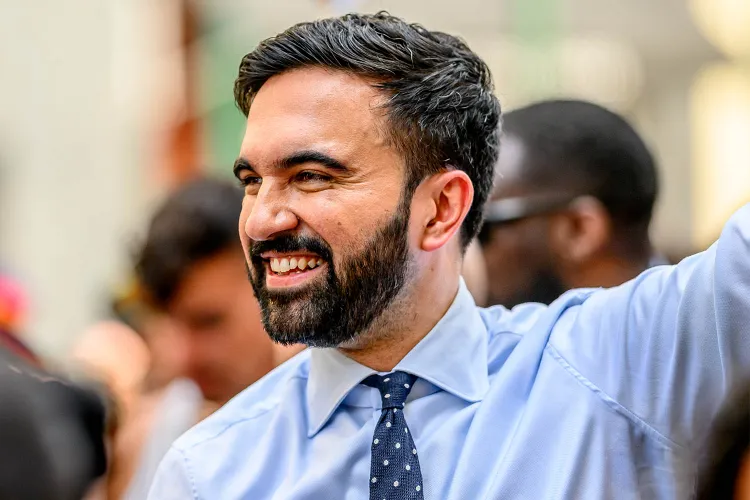In a Rare Conversation, Prince William Opens Up About 12-Year-Old Prince George’s Path Toward the Crown and How He Sees Their Shared Legacy
Prince William has always balanced his role as heir to the throne with being a father. That tension—between tradition and family life, between preparing for duties he didn’t choose and raising children in the modern world—surfaced in a new way during his appearance on the third season of Eugene Levy’s Apple TV+ series The Reluctant Traveler. For the first time, the Prince of Wales openly spoke about what lies ahead for his eldest son, 12-year-old Prince George, and how the two of them are linked not only by blood but by destiny.
It is rare for William to let the world hear him discuss the monarchy in such personal terms, especially when it comes to George. Usually, his public comments about his children are carefully measured, lighthearted anecdotes about their school days or hobbies. This time, the conversation carried weight. William hinted at the legacies both he and his son will someday leave, acknowledging that the crown is not just about one reign at a time but about shaping the monarchy for the future. There was no formality in his tone, though. It sounded like a father reflecting on the road his child will walk, aware of its burdens but also its opportunities.
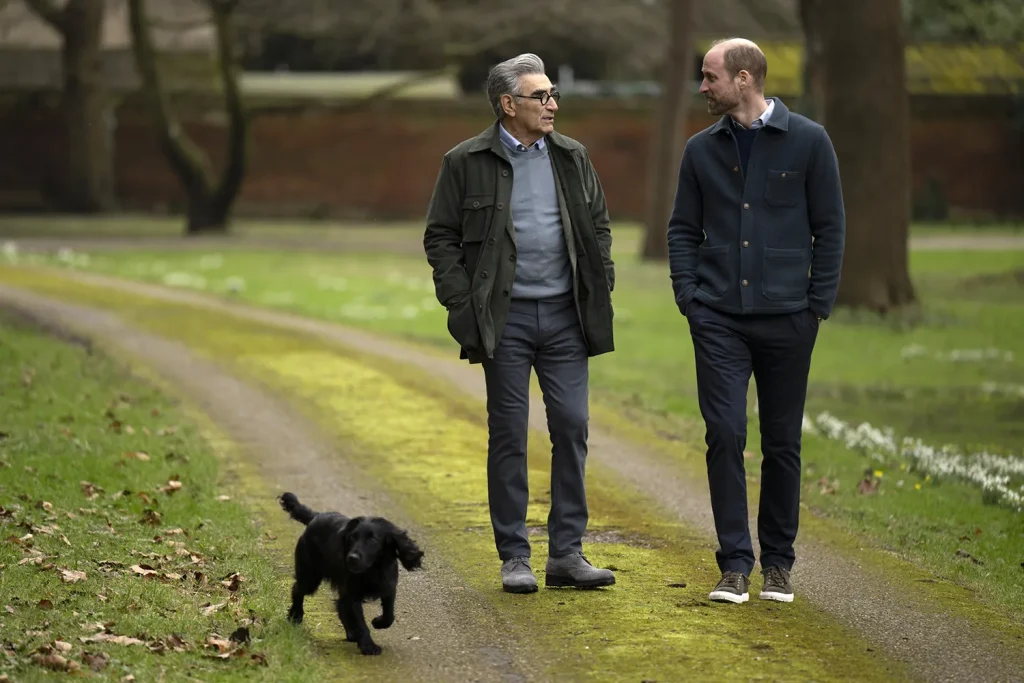
Prince George has grown up under a kind of quiet spotlight. From his christening photos to his appearances on the Buckingham Palace balcony, he has been a symbol of continuity. But he has also been a child of this era—seen laughing with his siblings, attending school events, even cheering at football matches with his parents. William and Catherine, Princess of Wales, have been intentional about shielding him from too much exposure while still introducing him gradually to the public life that awaits him. When William spoke with Levy, it was clear that the balance weighs on him. Preparing a child for a role no one else can truly understand requires patience, honesty, and love.
What stood out was William’s vision of change. He did not map out policy or detail future reforms, but he spoke with an openness about wanting to modernize how the monarchy engages with the people. He hinted that George’s generation will inherit not just titles and palaces but the challenge of staying relevant in a world that is rapidly shifting. William himself has already tried to adjust the tone of his royal work—focusing more on environmental issues, mental health advocacy, and hands-on community engagement. It seems he imagines George will carry those values forward, perhaps even expanding them.
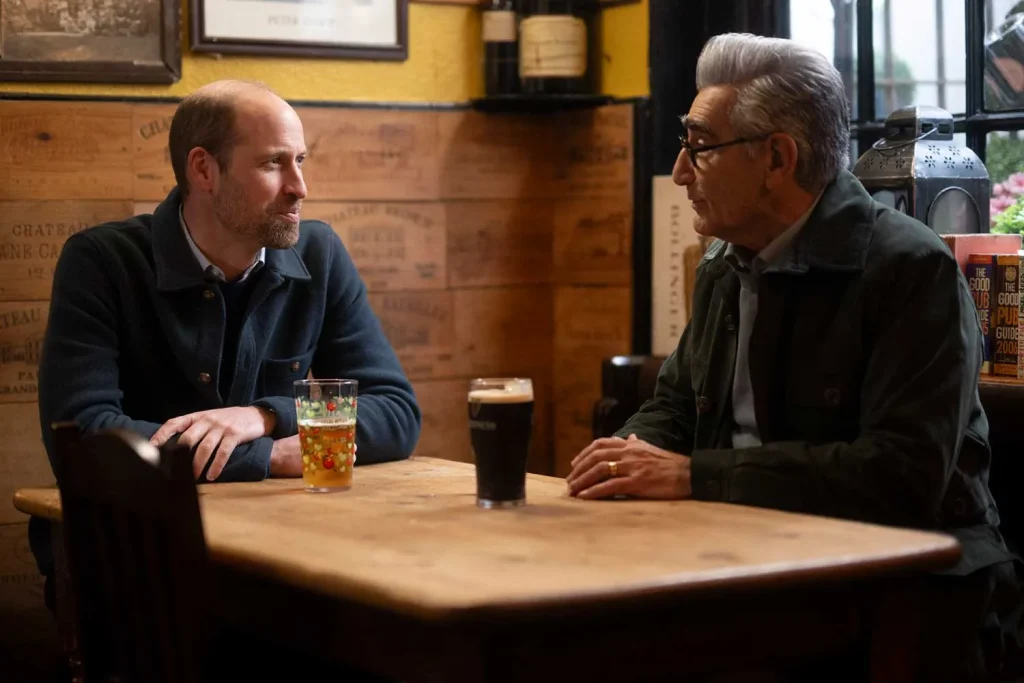
There is also an emotional undercurrent to William’s words. His own life has been shaped by the knowledge of succession since childhood. He lost his mother, Princess Diana, under circumstances that placed him under intense public scrutiny. He has navigated the expectations of being a future king in an era where public faith in institutions is fragile. Now, as a father, he must help George prepare for a role that is both a privilege and a burden. That awareness comes through when he talks about legacy. He knows how heavy the crown can feel before it ever rests on your head.
Prince George himself, still only 12, is far from ready to shoulder such responsibilities. At this stage, he is a schoolboy who loves sports and jokes with his siblings, who has favorite books and teachers, who is learning as any child does. And yet, the world looks at him through a different lens: as the boy who will someday be king. William’s comments remind us that while the monarchy is ancient, it is also deeply personal, made up of fathers and sons, mothers and daughters, navigating both tradition and humanity.
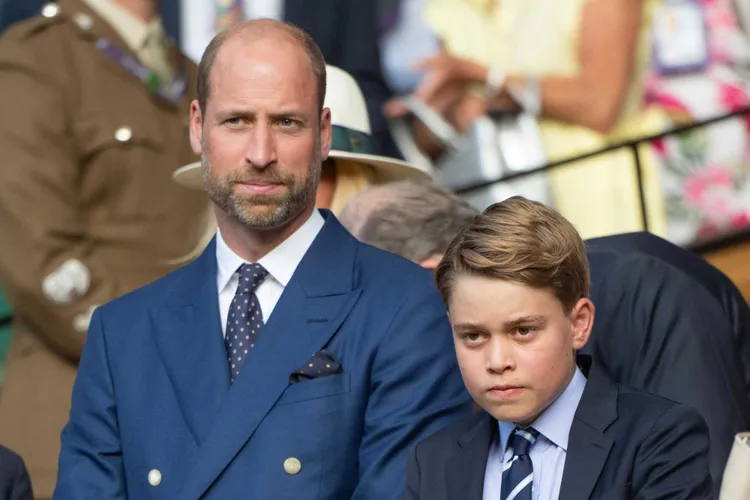
William’s rare openness during The Reluctant Traveler offers a glimpse of how he envisions the monarchy’s future. It will not just be about ceremonies and state duties but about relevance, empathy, and connection. He wants George to inherit an institution that feels alive, not archaic; responsive, not distant. For William, speaking about George’s path is also a way of affirming his own hopes that the monarchy will continue to serve people in a meaningful way.
This was not a grand announcement or a detailed roadmap. It was a father’s acknowledgment of the future his son is tied to, said with a mixture of gravity and tenderness. For those watching the royal family, it is one of the clearest signals yet of how William sees his own reign and George’s eventual turn: not as rigid chapters, but as a shared journey toward a legacy that stretches across generations.
